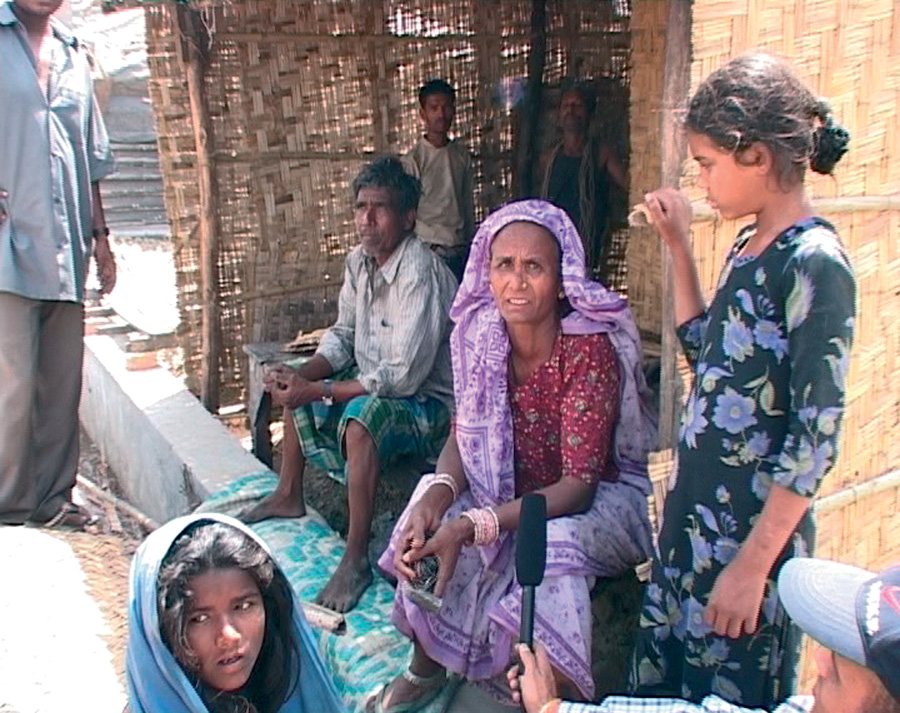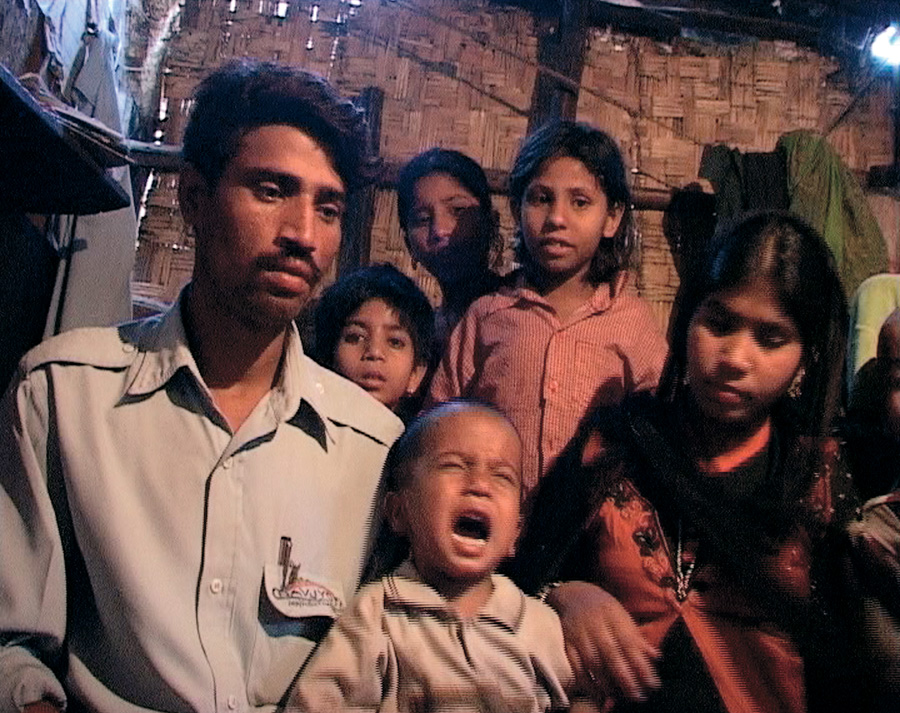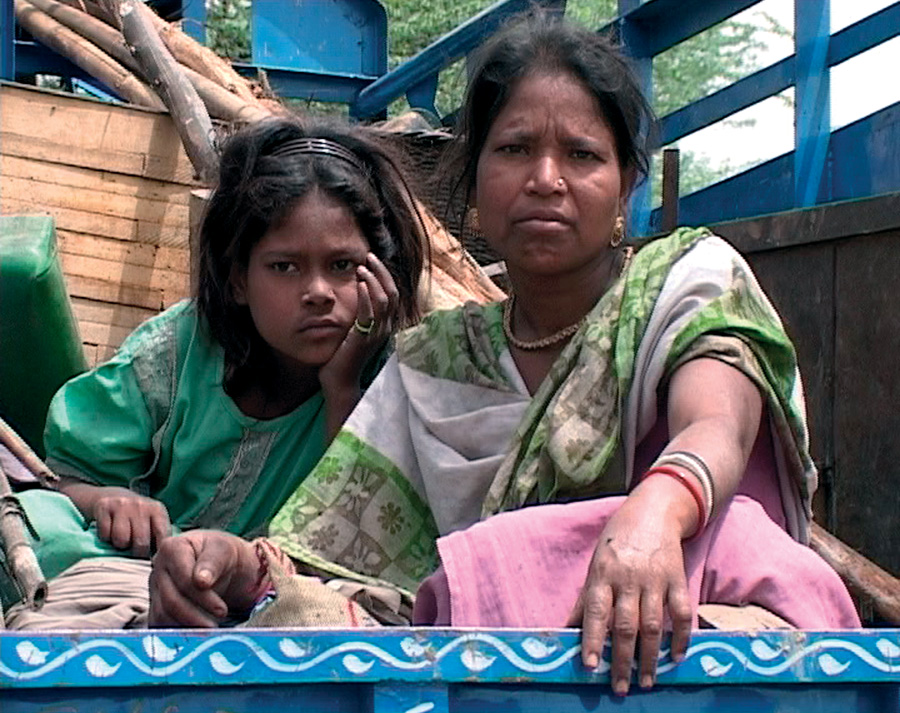
Let thousands of homes of the poor living in slums be demolished, leaving lakhs of our countrymen, displaced and on the streets. It matters little to political parties. But the moment, the so called 'respectable' strata of society is threatened and this in turn, upsets the apple vote cart, our politicians, irrespective of ideology and moral conviction - or the lack of it - bend backwards to make certain that relief and respite reach their affluent and middle class vote bank. Just before the book went to press, the Government and the opposition political parties got galvanized into action, and a bill was passed in the Lok Sabha on May 12th 2006 that, 'proposed a one-year moratorium from punitive action against unauthorized development in the national capital'. This bill was passed as bulldozers had begun to demolish unauthorized bungalows of the business community and the affluent, including shopping centres and constructions that went beyond sanctioned plans. The logic given by the chaps in white caps and khadhi under garments, for initiating the Delhi Laws (Special Provisions) Bill 2006 was - in order to prevent, 'unnecessary hardship and harassment to the citizens of Delhi'. Unnecessary hardship and harassment to the citizens of Delhi!
Wow!
What about unnecessary hardship and perpetual harassment to the poor citizens of India? Don't they matter? I guess not.

When lakhs of slum dwellers were thrown on the streets and thousands of homes were demolished, I assume, they did not go through, 'hardship and harassment' and even if they did, it was OK, as they were poor slum dwellers. It is generally assumed, that the poor can adapt and continue living wherever they are moved to, and of course, let's not forget, that they are not originally from Delhi; so what if they belong to our own country and have been forced to live like animals in abysmal conditions, for no fault of theirs.
When Yamuna Pushta was demolished, no laws were passed! No fuss created! The poor silently accepted their lot! Delhi, with its media, Judiciary and its political parties, slept peacefully! No one then thought of, 'one-year moratorium from punitive actions' and no issues were raised in the Parliament by our efficient leaders about, 'unnecessary hardship and harassment'! In India, there are two laws, two types of governance, and two roles of the media: one for the powerful (be it the affluent or those in the Government or the middle class which is a mass vote bank), and the other for the poor, who most often are deemed as an evil necessity, invisibles, suffering from financial leprosy.

My heart goes to all those whose homes and shops came under the bulldozers. For me, a home is a home, however fancy or humble the four walls maybe. But the affluent and the middle class are educated, and often know what they are getting in to and also have alternatives. Spare a thought for lakhs of our extremely poor brethren, who have no place to go and no one to turn to. Who are used and abused by the politicians and the authorities, as they are simple people, by nature trusting, and have nobody else to look up to but those in governance. Imagine, having to look up to only politicians and having to leave your entire life in the hands of these politicians and authorities? A state that is worse than being in the bowels of hell. It would be really heartening, if those whose property was either bulldozed, sealed or given a one-year respite, realized what it must feel for the poor to lose their homes too. No matter how basic or fancy the four walls may be, eventually, a home is not just cement and mortar but a sanctuary, a womb of peace and comfort, shelter from the outside world. To see your life's work, sweat, aspirations and your very past, present and future, be demolished, is gut wrenching, be it for the affluent, the middle class or the salt of the earth.

Spare a thought for the poor, who have been forced to come to the city, in search of survival; those who spend their lives, serving and making our lives so much more comfortable; who ask not much, but a little space, to live a life with dignity and stability, and, not forever be judged as outcasts and the damned.